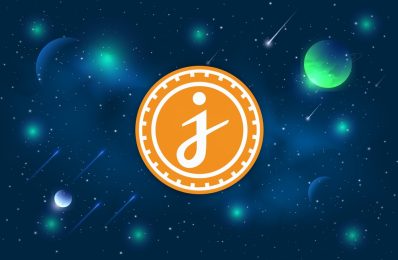
Top South Korean bank set to offer services to local crypto exchanges
- The bank’s decision came before the changes to the Specific Financial Information Act took effect.
- The bank’s primary target is small and medium-sized crypto exchanges without real-name accounts.
- South Korea has extended the reporting time for crypto exchanges to September 24, this year.
The BNK Busan Bank, a renowned South Korean bank, is planning to offer banking services to local crypto exchanges. The bank unveiled this news through an official announcement on March 23, noting that it had decided to test the crypto waters ahead of the implementation of changes to the Specific Financial Information Act on March 25. Reportedly, these amendments will mandate all crypto exchanges to issue their real-name accounts.
According to the announcement, the bank’s Digital Strategy and Money Laundering Prevention departments visited the NH Nonghyup Bank in Seoul on March 24 to discover its overall mandate of issuing real-name accounts on virtual currency exchanges. Allegedly, NH Nonghyup Bank has a real-name account issuance transaction partnership with two leading South Korean exchanges, namely Bithumb and Coinone.
Per the publication, BNK Busan Bank is looking to work with large exchanges that already have real-name accounts. However, its primary target is small and medium-sized exchanges in the country, which have not secure real-name accounts. These include Copax, Gdak, and Huobi Korea. At the moment, the only exchanges to achieve this feat are Bithumb, Coinone, Upbit through an alliance with K-Bank, and Kobit through a collaboration with Shinhan Bank.
A six-month grace period to get things in order
Copy link to sectionWhile the Special Money Act previously focused on large crypto exchanges, its amendments mandate that even the small and medium-sized players in the sector must get real-name bank accounts. Apart from this, they will have to report to relevant government authorities and ensure their operations are legal. To report as a business operator, the exchanges must also secure an Information Security Management System (ISMS) certificate.
To offer each player in the industry to get their affairs in order, the South Korean government has extended the reporting period up to September 24. This means that small and medium-sized crypto exchanges must create real-name accounts before this time lapses.
Commenting on the opportunity that this amendment creates, a BNB Busan Bank executive said,
As a new market opens with the implementation of the revised bill of special interest laws, it is only a step to review whether or not to enter the market. We will be able to proceed with the business in earnest.
BNK Busan Bank believes that venturing into crypto would be beneficial to its business. The bank pointed out the K-Bank’s partnership with Upbit saw its deposits and savings balance increase by more than £1,283,171,339.6 after BTC’s meteoric rise in February.
More industry news







